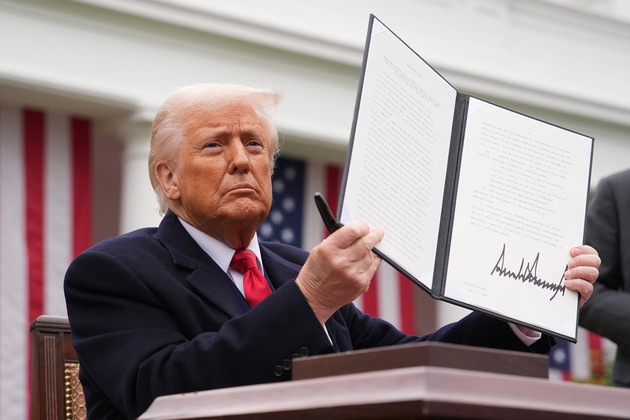Switzerland is reeling after being hit with a 39% tariff by the United States Europe’s highest and the fourth highest globally, surpassed only by Syria, Laos, and Myanmar. The announcement, made just hours before the August 1 deadline, has caused a wave of confusion and anger across the Alpine nation.
Just weeks ago, optimism was high. In May, Swiss President Karin Keller-Sutter secured a promising meeting with U.S. Trade Secretary Scott Bessent, hinting at a potential 10% tariff and a trade deal just behind the UK. But that optimism was dashed when a final call to President Trump yielded no compromise. Instead of a 31% levy previously floated, Washington imposed a 39% tariff worse than Switzerland’s worst-case scenario.
The sticking point: a $47.4 billion trade deficit with the U.S., primarily in pharmaceuticals, watches, and gold jewelry. While the figure drops to $22 billion when services are included, Trump dismissed this, focusing instead on the goods imbalance. His view long criticized by economists frames trade deficits as threats to U.S. manufacturing jobs.
Switzerland had made major efforts to address U.S. concerns. It slashed tariffs on American industrial goods to zero and promised billions in investment from firms like Nestlé and Novartis, which already support an estimated 400,000 U.S. jobs. But with a population of just 9 million and limited appetite for American products, Switzerland’s ability to balance trade is constrained.
Swiss business leaders warn of thousands of job losses if the tariffs are not reduced by the August 7 implementation date. Options now are limited. Some suggest retaliatory tariffs, while others propose the drastic step of cancelling Switzerland’s order for U.S.-made F-35 fighter jets.
On Swiss National Day, instead of patriotic joy, frustration dominates. Keller-Sutter blamed the trade deficit fixation, subtly pointing the finger at President Trump. Many Swiss feel punished for their economic success, yet remain confident their resilience and innovation will see them through.
But with time running out, the future of Swiss-American trade relations hangs in the balance.

